
Impact Update
Second Quarter 2025
Building Success Through Access and Equity
Every day, we all rely on goods and services provided by companies: the food on our tables, the water in our faucets, the medicine in our cabinets, the building materials that form our homes, and the mortgages we secured to purchase them. It can be easy to take these things for granted when they are always available to us. Around the world, however, many people struggle to access these essential needs due to barriers around affordability, distribution, and discrimination. As impact investors, we believe we have a responsibility to encourage efforts to broaden access to as many people as possible and promote inclusive business models that mutually benefit companies and communities. By doing so, not only can we improve lives and livelihoods, but we can also help build a more sustainable and equitable economy that fosters long-term opportunities for success and shared prosperity.
Second Quarter Engagement Overview
We meet with company executives to encourage stronger policies and practices on the issues that matter to Domini Funds’ shareholders and can help their businesses succeed. In alignment with our Impact Investment Standards, we seek enhanced disclosures and more responsible business practices, and we aim to address emerging issues with companies. Through constructive dialogue, shareholder proposals, and proxy voting, we communicate our expectations to companies and promote universal values of fairness, equality, justice, and respect for human rights, while contributing to ecological sustainability and climate resilience. We do this work seeking positive impacts for people, planet, and profit. Read more at domini.com/engagement
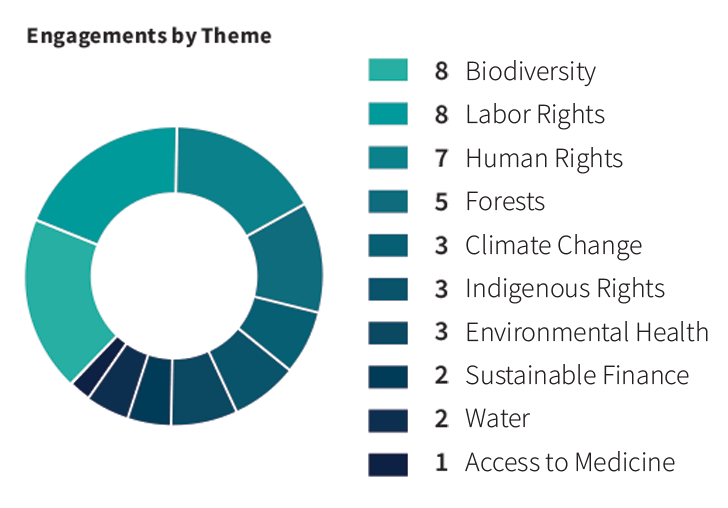
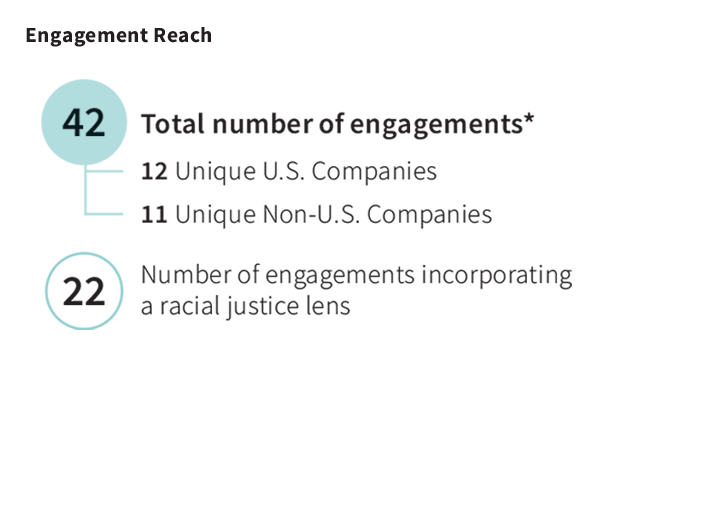
*Includes engagements with non-corporate entities and multiple engagements with individual companies.
Advocating for Workers’ Rights in the Food Industry
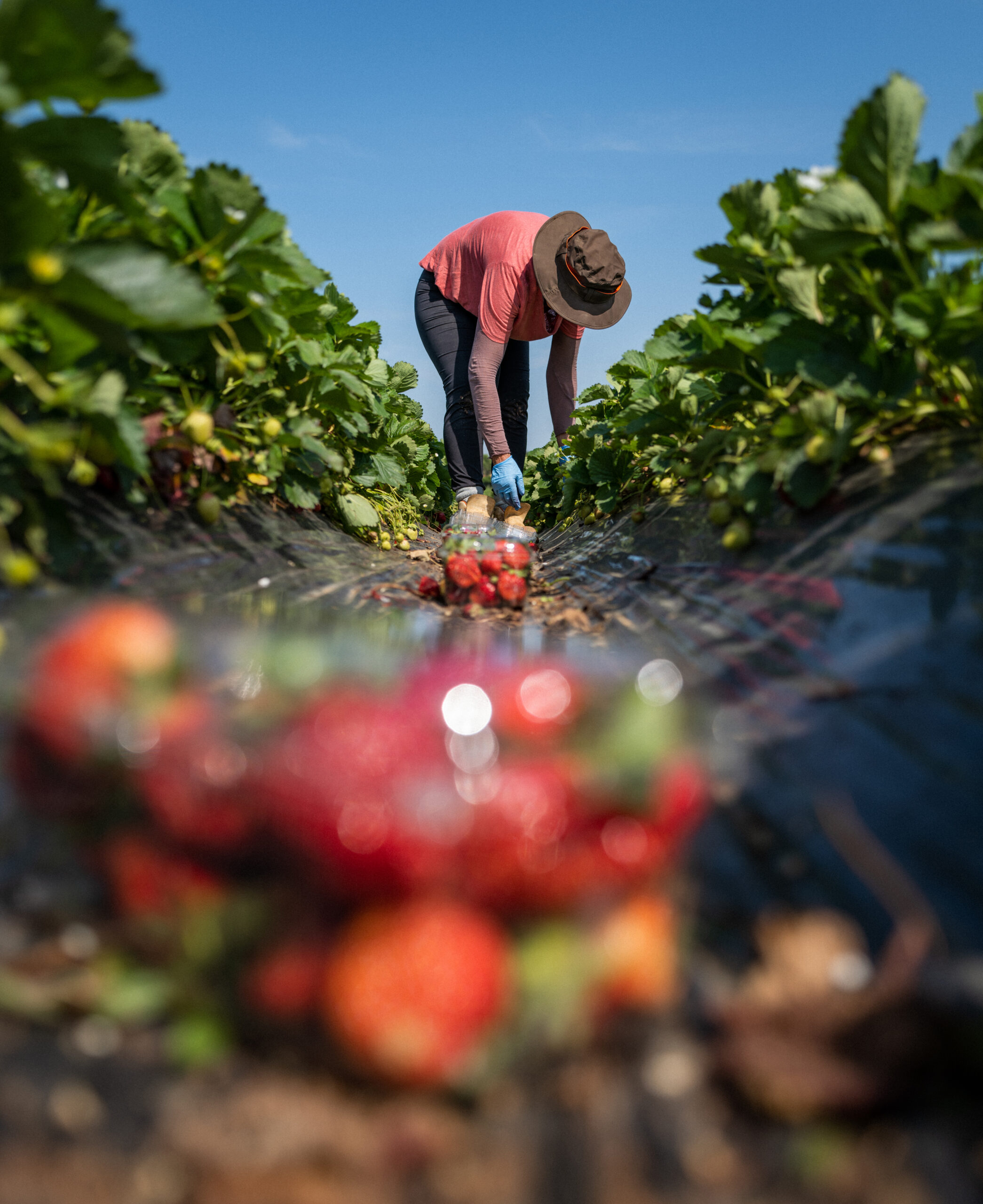
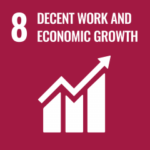

Many companies have policies in place to protect workers and systems to help monitor their implementation, such as codes of conduct to which their suppliers must commit and adhere. Supermarkets, which typically have thousands of suppliers providing food from around the world, require scalable ways to efficiently oversee their supply chains. They often rely on self-assessment questionnaires—whereby suppliers self-certify—and on-site audits to check whether they are adhering to their commitments. While these are efficient monitoring methods, we believe they have significant flaws that prevent them from providing adequate protections for workers.
We have found workers are typically better protected when they can design codes of conduct themselves and ensure that they include protection against the most likely risks they face. Such worker-designed programs typically include ongoing and regular monitoring, which allows for more immediate detection of violations, and grievance channels, which enable workers to submit complaints about issues like on-site housing conditions or heat stress.
We have advocated for these programs, known as worker-driven social responsibility (WSR), for several years, prioritizing opportunities to learn directly from workers themselves, integrate their perspectives into our dialogues, and when possible, help them access spaces where they can advance their own objectives. We recently contributed to the development of investor guidance published by the Committee on Workers’ Capital (CWC) Labour Rights Investor Network (LRIN), which outlines the strengths of these binding agreements. We hope the guide will be a valuable resource for companies considering whether to adopt a WSR program, as well as for other investors engaging with companies on workers’ rights.
This quarter, representatives from Migrant Justice, a nonprofit organization that supports migrant farmworkers in Vermont’s dairy industry, attended the annual general meeting (AGM) of Ahold Delhaize (the parent company of Hannaford Supermarkets) using a proxy provided by Domini and our shareholders. They have long wanted to speak directly with the company about the risks farmworkers face and ask it to join the WSR program Milk with Dignity. Following the AGM, Ahold Delhaize has agreed to meet with them. We hope this will be an opportunity to build a shared understanding of the flaws in the company’s current model and the meaningful human rights protections that can be achieved through the Milk with Dignity program.
We also continue to advocate for Kroger to join the Fair Food Program, a WSR program for agricultural workers led by the Coalition of Immokalee Workers. Although representatives from Kroger visited Immokalee, Florida several years ago, the company has still not agreed to join. This year, we filed a shareholder proposal asking Kroger to thoughtfully evaluate the pros and cons of this program and how it might work better than its current model of self-assessment and occasional auditing. We hope that our proposal, which received 15% support from shareholders at Kroger’s AGM, will elevate the issue for Kroger’s management team and help to educate other investors about the need for enhanced protections for agricultural workers. You can read more about our proposal here.
Investment Highlight: Domini Impact Equity Fund
Chipotle Mexican Grill owns and operates a chain of fast casual restaurants throughout the U.S., with a focus on fresh, high-quality ingredients. It has been a participating partner in the Fair Food Program (FFP) since 2012, helping improve wages and working conditions for tomato farmworkers in Florida. By joining the FFP, Chipotle agreed to pay a small premium per pound of tomatoes sourced from FFP participating growers, which is passed on to workers and directly increases their take-home pay. The FFP also requires participating growers to provide essential protections for workers, including shaded rest areas, access to ice water in the fields, health and safety monitors, and education sessions to help workers better understand and exercise their rights. Growers who fail to provide such protections risk losing their ability to sell to Chipotle and other FFP buying partners.
Biodiversity Proposal Goes to Vote at Home Depot


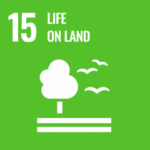
As the world’s largest home improvement retailer, Home Depot sells a wide variety of products. Many of these products come directly from nature, such as mulch and lumber. Many others impact nature when they are used, such as paints and fertilizers with synthetic chemicals. Home Depot has the opportunity to educate consumers about the environmental impacts of these products, and it can help improve those impacts by putting more sustainable products on its shelves. However, our evaluation found that the company has not fully mapped out where its biodiversity dependencies and impacts are most severe or significant to its business.
Therefore, for the second year in a row, we filed a shareholder proposal asking Home Depot to conduct and disclose a biodiversity impact and dependency assessment aligned with the Taskforce on Nature-related Financial Disclosures (TNFD) framework. Our proposal was presented at Home Depot’s annual general meeting (AGM) this quarter by Suzanne Simard, a professor of Forest Ecology at the University of British Columbia and the author of the best-selling book Finding the Mother Tree: Discovering the Wisdom of the Forest. Professor Simard’s research focuses on forests’ complex, interconnected communities and the effects of forest practices, including clearcutting, on biodiversity.
Home Depot sources about 17% of its wood from Canada. In speaking about Canada’s boreal forest, one of the largest intact ecosystems on earth, Professor Simard noted that it is a biodiversity hotspot that is home to countless species and that it plays a key role in regulating our climate. She explained, however, that these forests are under threat from unsustainable logging—including from Home Depot suppliers—which fragments habitats, reduces biodiversity, and leaves forests vulnerable to wildfires and pest infestations.
Support for our proposal this year grew to 17%, demonstrating that shareholders are increasingly interested in understanding how their investments depend on and impact biodiversity. To read more about our proposal and listen to Professor Simard’s presentation, click here.
Investment Highlight: Domini Impact Equity Fund & Domini Sustainable Solutions Fund
Brambles is an Australian company that provides logistics solutions for global supply chains. The company has a circular business model, specializing in pallets, crates and containers that facilitate sharing and reuse. It sources 100% of the timber used for these assets from certified sources, and 42% of the content in its plastic products is from recycled materials. Brambles is also an early adopter of the TNFD disclosure framework, which was developed to help companies identify, assess and manage nature-related risks, opportunities and dependencies. The company has commenced a gap analysis against the TNFD’s recommendations to better understand the information requirements and is preparing to report against them, including establishing a baseline and integrating relevant nature-related programs and targets into its 2025-2030 sustainability strategy.
Promoting Proactive Strategies for Access to Medicine

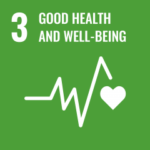

The Access to Medicine Index, which is updated every two years, evaluates how well pharmaceutical companies are doing in terms of providing broad and affordable access to their medicines, particularly in low- and middle-income countries (LMICs).
Domini is currently leading an engagement with Japanese pharmaceutical company Eisai, which makes critical medicines for oncology, including treatments for breast cancer. The Access to Medicine Index 2024 ranked Eisai 14th out of 20 companies evaluated, and highlighted several opportunities for improvement, particularly around its access planning. Here, the Index looks at whether a company proactively considers availability, affordability, and supply during the product development stage. Such planning can help to address barriers to access before a product is launched, provide faster access once market approval is received, and ensure the product reaches the people most in need.

A good access plan should address barriers to access during R&D
While Eisai has developed a structured framework for access planning, according to the 2024 Index, it only has plans in place for one of its 18 late-stage research and development (R&D) projects. In our dialogue with the company, we have pushed for it to develop access strategies for all late-stage R&D products, including registration, local health system strengthening, and pricing strategies. We have encouraged it to prioritize such strategies for its innovative non-communicable disease treatments, including its oncology and Alzheimer’s drugs, in regions where there is a high burden of disease, including Africa and India.
We have also highlighted opportunities for technology transfer initiatives, which help expand access to affordable, generic versions of drugs, particularly in LMICs. Such initiatives can provide sustainable, long-term solutions for sharing manufacturing and technical know-how, while strengthening partnerships and improving supply chain stability.
Since 2018, in our dialogues with Eisai and other pharmaceutical companies, we have also underscored how climate change can have potential adverse impacts on access to medicine, particularly in LMICs. Both acute risks, like floods, and chronic risks, like rising temperatures, can change the needs of patient populations and affect costs, timelines, and clinical outcomes of access programs if they are not properly assessed and managed.
Investment Highlight: Domini Impact International Equity Fund
Novartis is a Switzerland-based global pharmaceutical company focused on innovation in core therapeutic areas, including cardiovascular, renal, and metabolic health; immunology; neuroscience; and oncology. In 2024, the company’s medicines were sold in approximately 120 countries around the world and reached 296 million patients. Novartis has strong commitments to affordability, availability, and equity, integrating access considerations across R&D, distribution, and pricing strategies and seeking to develop access strategies tailored to the needs of individual markets for each new product launch.
As a result of these strong commitments, Novartis reached the top ranking in the Access to Medicine Index 2024, up from fourth place in 2022. The Index highlights key areas of progress Novartis made over that time, including refining its framework for equitable access; establishing regular assessments of climate scenarios and climate-sensitive diseases; collaborating with diagnostic partners to address unmet needs of Sickle Cell Disease in sub-Saharan Africa; advancing clinical trials for medicines for malaria and neglected tropical diseases like visceral leishmaniasis; forming partnerships to increase access to treatment for diabetes, hypertension, and other diseases in countries including Cambodia and Mongolia; and entering an IP-sharing agreement with The Kids Research Institute Australia to accelerate the development of therapies for bacterial infections in underprivileged pediatric populations.
Supporting the Human Right to Water

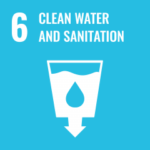

Through the Domini Impact Bond Fund, we invest in Aegea Saneamento e Participações, one of Brazil’s largest sanitation companies, which provides water and sewage treatment services for 33.7 million, or about 16% of its total estimated population. Brazil has a goal to reach universal access to water and sanitation by 2033, and Aegea will be a key partner in achieving it.
Through a “Social Tariff” program, Aegea provides a discount of around 50% on water and sewage bills for socially vulnerable families. In 2024, 718,000 families, or more than 2 million people, benefitted from this program. It is unclear, however, if this program is adequate to fully support Brazil’s universal access goals, and we believe there are opportunities for Aegea to clarify the scale and scope of its efforts to ensure affordability. In a recent dialogue with the company, we discussed how it is working to expand the program and how it can structure its contracts to provide maximum coverage while meeting business objectives. We continue to encourage Aegea to endorse the CEO Water Mandate, a UN initiative to advance corporate water stewardship.
In our dialogue, we also discussed how severe floods and droughts are impacting Aegea’s infrastructure and ability to provide access to affordable water, and we encouraged it to conduct robust climate scenario planning and develop a strategy to improve climate resilience. We also discussed Aegea’s commitments to equity and racial justice and how they can help it better meet the needs of its diverse client base. Aegea seeks to hire people within the communities it serves, which has demonstrated benefits in terms of community knowledge, increased trust, and more positive customer relationships.
Investment Highlight: Domini Impact Bond Fund
We seek investments that support access to essential needs like water and health care, as well as investments that expand access to economic opportunity by broadening financial inclusion and bridging the digital divide. The Fund currently invests AXIAN Telecom, a leading Pan-African telecommunications services company operating in Tanzania, Madagascar, Togo, Uganda, the Democratic Republic of the Congo, Senegal, Réunion, Mayotte, and the Comoros. AXIAN is Africa’s sixth largest mobile operator, serving more than 40 million customers, and is actively working to bridge coverage gaps, which are estimated to affect 13% of the sub-Saharan population, or approximately 160 million people. As of 2024, 98% of AXIAN’s network was equipped with 4G, and it is now accelerating the rollout of 5G in urban areas. It is also working to expand network coverage to reach underserved and remote areas and continues to invest in infrastructure to enhance network connectivity and performance.
Domini Impact Bond Fund Theme Allocations*
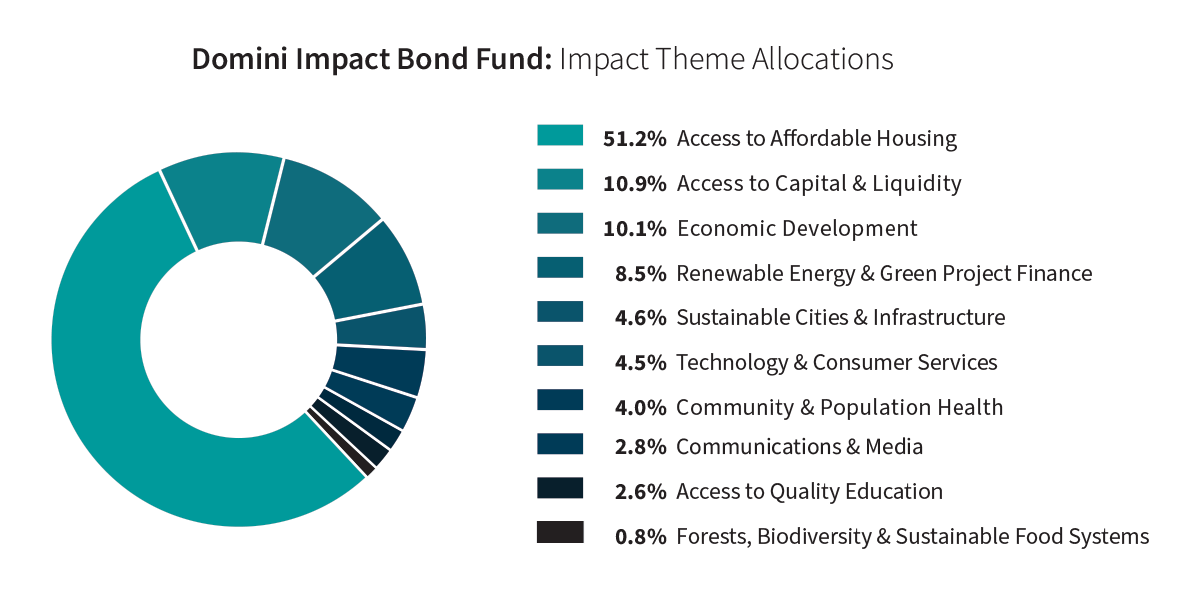
*Based on portfolio holdings as of 6/30/2025, excluding cash & cash equivalents, cash offsets, futures, swaps and options with the exception of short-term U.S. Agency bonds, which are reflected in this reporting. Numbers may not sum to 100% due to rounding. The composition of the Fund’s portfolio is subject to change. Visit domini.com to view the most a list of the Fund’s holdings.
Bridging Access Gaps: Our Approach to Promoting Equitable Access
By Lionella Pezza, Director of Impact Research and Mary Beth Gallagher, Director of Engagement

Universal human dignity is one of the fundamental goals of our Impact Investment Standards, and we believe supporting access to essential products and services—especially for vulnerable segments of the population—is crucial to achieving that goal.
The Domini Funds broadly seek to invest in companies and other issuers that provide products and services designed to help meet people’s basic needs, such as housing, medicine, clean energy, and communication technologies. We have established universal key performance indicators (KPIs), which we apply across all our evaluations, to help identify investments that can help fill gaps in access to these needs. These KPIs also help us avoid investments that contribute to institutionalized discrimination or disproportionately harm low-income or marginalized groups, such as companies with predatory lending practices or that provide surveillance and facial recognition technologies linked to discrimination.
KPIs around access are especially relevant within certain industries. For example, we seek to invest in banks that support access to capital and financial inclusion through responsible lending for affordable housing, small businesses, and segments of the population that have been historically underserved by traditional financial institutions. We also favor pharmaceutical companies that develop drugs for rare and acute conditions, including neglected tropical diseases, and that score well on the Access to Medicine Index, which evaluates and ranks companies based on their efforts to improve access to medicines, vaccines, and diagnostics in in low-and middle-income countries.
Fixed-income investing, in particular, provides many opportunities for investors to help fill access gaps and support the provision of public goods, which provide a foundation for healthy communities. The Domini Impact Bond Fund has a long history of promoting access through investments in affordable housing, non-profit hospitals and universities, public transportation, water and sanitation services, and much more.
While access is essential to our goal of universal human dignity, we also view it as a strategic advantage for business and for the economy overall. By expanding access to their goods and services, companies can reach new customers and gain access to new markets and resources, including potential new business partners. This helps fuel innovation in the development of new products and services, which can in turn attract more new customers. Such diversification of customers and products reduces business risks and increases long-term growth potential. Furthermore, by committing to access and centering principles of equity and non-discrimination in their business models, companies can better avoid potential controversies around discrimination and associated legal, financial, and reputational risks. Finally, by expanding access, companies can also help create more economic opportunity for broader segments of the population, which fosters more inclusive and sustainable economic growth to the benefit all.
As active owners, when we do identify barriers to access caused by challenges around affordability or discrimination, we view it as an opportunity for engagement. We recognize that, for many companies, there may be inherent tensions in their business models between the goals of maximizing profit and providing universal access. However, if companies proactively work to develop solutions to these challenges, they will be more likely to thrive in the long term. This is especially paramount for companies that provide products and services that are essential to basic human needs.
Therefore, many of our engagements focus on access to medicine, water, housing, and financial services. We seek explicit policies and commitments, as well as reporting that demonstrates how companies are actively working to meet them. By supporting efforts to expand access to essential products and services, companies and investors can play an important role in building a more inclusive and sustainable economy, one in which human dignity is universal.
Annual Impact Report Now Available
Each quarter, we publish these Impact Updates to keep Domini Funds’ shareholders, as well as the broader investment community, informed about the ways that we work for change on their behalf. We view this as a key part of our commitment to transparency and an opportunity to demonstrate how investors can have a positive impact.
Building on that commitment, we recently published our annual Impact Report, which takes an even deeper dive into how we put the investment dollars of Domini Funds’ shareholders to work for change, from reducing exposure to climate-related risks and protecting biodiversity to championing workers’ rights and supporting equitable access to economic opportunity.

Domini News
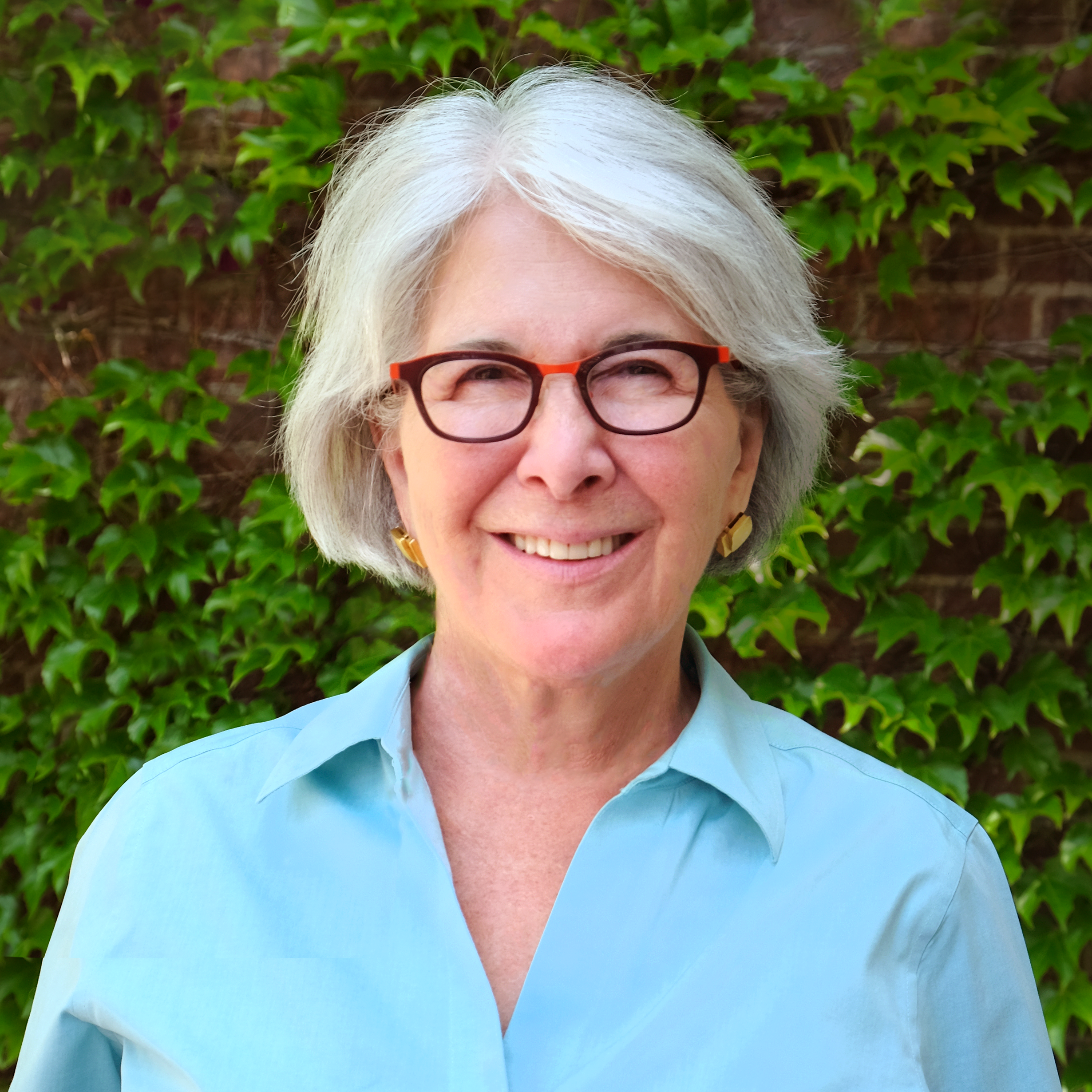
Amy Domini Honored with ICCR Legacy Award
Domini’s esteemed Founder and Chair, Amy Domini, has been honored by the Interfaith Center of Corporate Responsibility (ICCR) with its 2025 Legacy Award. Since 2011, this award has been given to honor a select few “whose work has provided a strong moral foundation and an enduring record of demonstrated influence on corporate policies.” Amy has been a trailblazer in the field of impact investing for over 40 years and has been widely recognized as one of its leading voices. She continues working to innovate and inspire the next generation of investors through her tireless leadership as a portfolio manager, author, speaker, and community activist. She will be presented with the Legacy Award this October at the 2025 ICCR Annual Event in New York City. Read more.

Mary Beth Gallagher Named Chair of Finance for Biodiversity Foundation Advisory Board
Domini’s Director of Engagement, Mary Beth Gallagher, has been named the new chair of the Advisory Board at the Finance for Biodiversity Foundation, after having previously served as its Vice-Chair. The Foundation, which aims to support a call to action and collaboration between financial institutions to reverse nature loss this decade, commented on Mary Beth’s appointment: “With a distinguished career in stewardship and engagement on biodiversity, human rights, and climate change issues, Mary Beth brings exceptional expertise, strategic vision, and a profound commitment to advancing biodiversity goals through the financial sector.” Domini applauds Mary Beth on this well-deserved appointment.

Spring Events Roundup
We were excited to participate in several events this quarter, as we continue working to grow our community of impact investors and drive continued innovation within the industry. At the Earth Day 2025 Festival in New York City’s Union Square, we were thrilled to see many energetic voices continuing the call for climate action. At the Invest in Women conference in Boston, we were inspired to meet financial advisors and other investment professionals committed to empowering women investors. There, Domini CEO Carole Laible also had an opportunity to speak about how impact investing can help drive long-term success for advisors and their female clients. Carole also spoke at Environmental Finance’s Sustainability Data America conference about how impact investors can measure and manage nature-related risks and opportunities, while Mary Beth Gallagher spoke about how investors can support the transition to more sustainable agriculture and food production systems at Environmental Finance’s Natural Capital Investment Americas.
Sustainable Development Goals
In the eight years since United Nations member states adopted the 2030 Agenda for Sustainable Development, the Sustainable Development Goals (SDGs) have been widely embraced by governments, civil society organizations, companies, and investors. The SDGs aim to address broad global topics such as poverty eradication, food security, protection of forests, sustainable cities and economic growth, gender equality, and climate change. Engagement highlights in this report are flagged with SDGs they are helping support. Learn more at domini.com/sdg

